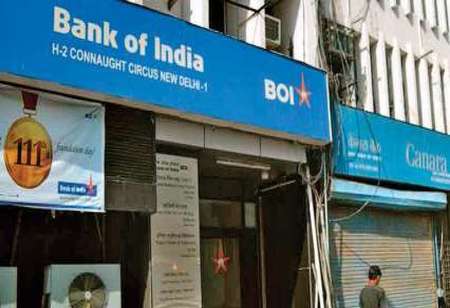
Indian Government has Shortlisted Four Mid-Sized Bank for Privatisation


The Indian government has shortlisted four mid-sized state-run banks for privatisation. This move would give a new push to sell the state assets and shore up government revenues, states the three government sources.
The state-run behemoths have been dominating the privatisation of the banking sector with hundreds of thousands of employees. However, this format could put the jobs at risk; thus, the Prime Minister Narendra Modi’s administration intends to make a start with second-tier banks.
The four banks that have been shortlisted are Bank of India, Bank of Maharashtra, Central Bank of India, and Indian Overseas Bank, according to the anonymity sources. Out of which two banks would be selected for sale in the 2021/2022 financial year that begins in April.
The government is considering mid-sized to small banks for its first round of privatisation to test the waters. In the forthcoming years it could also look at some of the country's bigger banks, states the officials.
However, the government would continue to hold a majority stake in India's largest lender State Bank of India, which is seen as a 'strategic bank' for implementing initiatives such as expanding rural credit.
Modi's government initially wanted four banks to be put up for sale in the coming fiscal year, but officials have advised caution fearing resistance from unions representing the employees.
Bank of India has a workforce of about 50,000 and Central Bank of India has 33,000 staff, while Indian Overseas Bank employs 26,000 and Bank of Maharashtra has about 13,000 employees, according to estimates from bank unions.
Bank of Maharashtra's smaller workforce could make it easier to privatise and therefore potentially one of the first to be sold, the sources said. On Monday workers started a two-day strike opposing the government's move to privatise banks and sell stakes in insurance and other companies. The actual privatisation process may take 5-6 months to start, one of the government sources said.
Devendra Pant, chief economist at India Ratings, the Indian arm of Fitch ratings agency says, "Factors like number of employees, pressure of the trade unions and political repercussions would impact a final decision," the source said, "The government should consider what gives it a better pricing without compromising its long-term goal of financing the growing Indian economy."